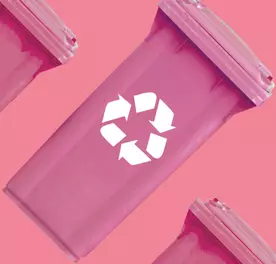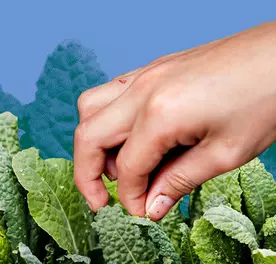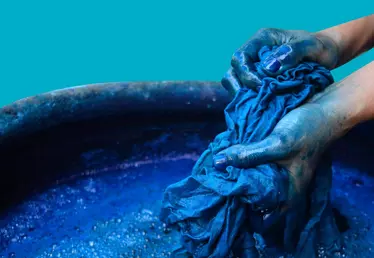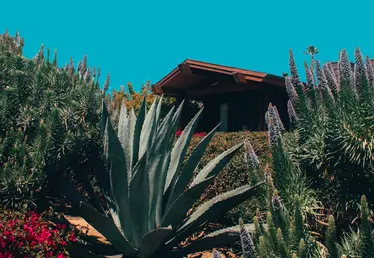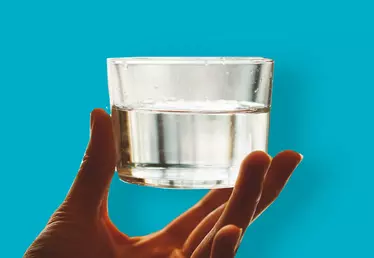
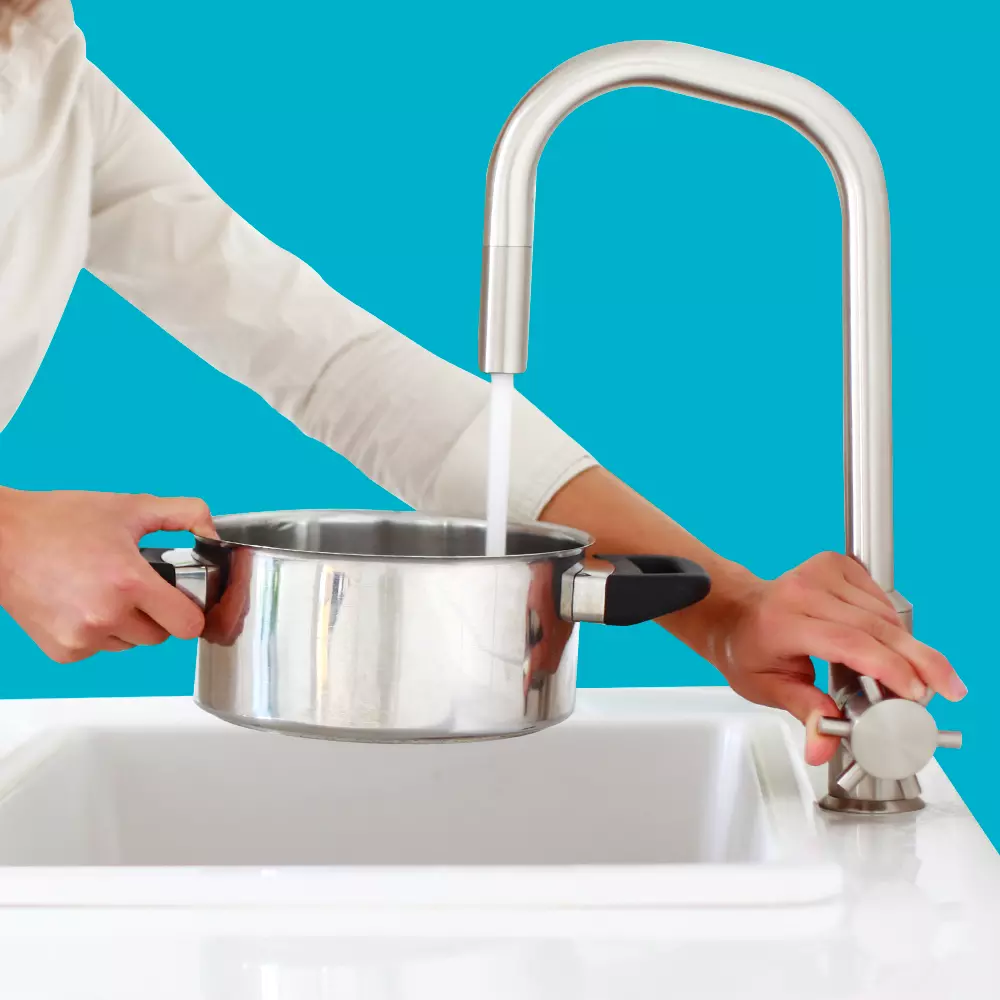
Easy ways to cook with less water
2 min
According to the United Nations, two billion people worldwide lack access to clean water and/or fully operational sanitation systems. By the year 2050, this number might exceed five billion - underlining, if need be, how precious a resource water is. Fortunately, a few simple tips can restore accountability in this area and maximize water conservation. It starts in the kitchen, which accounts for ca. 6% of humankind’s total daily water consumption.
Avoiding superfluous water use
When rinsing fresh produce or dirty dishes – or simply cleaning the house – a simply starting place is to turn the tap off unless water is actually needed. Similarly, food should be rinsed and dishes hand-washed in relatively small containers. Otherwise, hands that have touched food can be cleaned just as easily with a towel as with water.
Water installations also need to be monitored closely. A leaky tap is costly – and very wasteful, causing households to lose anything up to 120 liters of water a day, according to the French Water Information Center, Hence the need to check water joints regularly for leaks and to replace them when necessary. Along which lines, it is also worth noting that mixer and/or aerator taps can cut water use by up to 75%!
Investing in a quality dishwasher is also worth it. Contrary to popular belief, dishwashers need much less water than washing by hand (ca. 12 liters per machine cycle, vs. an average of 42 liters when done by hand). Of course, for this equation to work, the dishwasher must only be run when full; in "eco" mode; and without any pre-rinsing being done (a useful and wasteful process!)
The same water can sometimes be used more than once
Instead of cooking organic vegetables and then draining the water – which by now is full of vitamins and minerals – the liquid should be reused to water plants; or else, to make delicious broths (supplemented by celery, garlic, ginger, cloves and herbs). Otherwise, water used to boil slightly salty potatoes also works as a natural weed killer; water used to cook white beans works well as a natural stain remover; hair masks and skin lotions can both be made out of rice water; and pasta water is a yummy sauce base.
Of course, outside of the kitchen, the most strategic place for domestic water conservation is the bathroom/toilet, accounting (in a country like France, for instance) for 59% of all daily water consumption. Lastly, baths are to be avoided – each consumes 150 liters of water on average, vs. 60 with showers.


